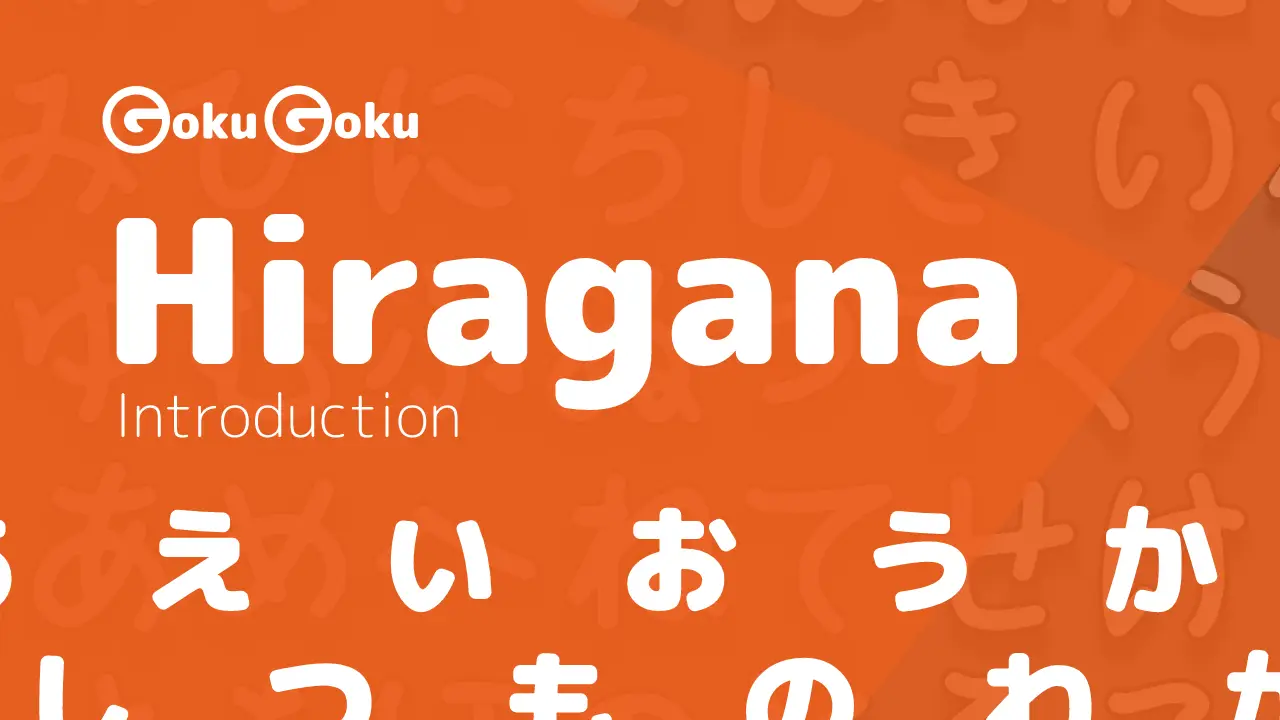どういうことか (dou iu koto ka) Meaning Japanese Grammar - What Does It Mean?
Anna Baffa Volpe
Get in touch with meThe expression どういうことか (dou iu koto ka) means What do you mean by that?, What does it mean?.
It is used to ask for clarification and elucidation of what is being said and also to express astonishment, surprise or disappointment depending on the situation.
In this post we learn more about the meaning of どういうことか, how it is formed and when どういうことか is used through real example sentences.
How to form どういうことか
This expression is formed
- by the interrogative どう
dōhow?, what? of the Kosoado series, the Japanese demonstratives - by the verb
to say言う - by the noun こと meaning
thing,event,matter; its kanji is 事 - by the interrogative particle か
We can also find the forms:
- どういうことですか polite form with the
copulaexpressed: です. - どういうことなのか informal and colloquial
どういうこと?
⇨ what do you mean?
⇨ what does it mean?
Today I am giving as examples various titles of Japanese publications on different topics and all containing the expression どういうことか that we are developing in this post.
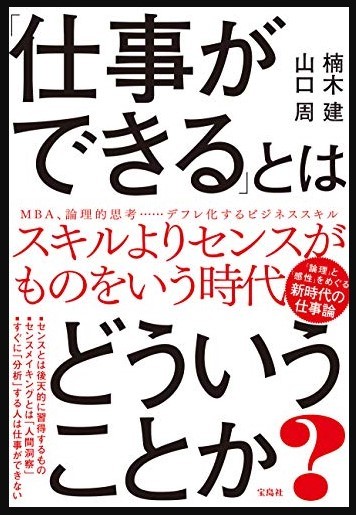
「仕事が出来る」とはどういうことか?
What does it mean to be 'good at your job'?
とは to express astonishment
These two particles combined create a very common form in Japanese and one use is in explanations and descriptions of something.
とは follows the noun or expression whose description is asked or reported
The structure as follows:
才能とは、自分を信じることだ。
Talent is believing in yourself.
11時に寝るとは、少し早すぎませんか?
Isn't it a bit early to be going to bed at 11 o'clock?
We can find phrases that end simply with とは; these are situations of surprise, amazement, when something is not expected to happen.
まさか落とした財布が戻ってくるとは。
I never thought I'd get my lost wallet back.
4歳の子は漢字が書けるとは。
A 4-year-old child can write kanji...
The sentence is completed according to the situation:
- I was surprised to see a 4-year-old writing kanji
- I didn't think a 4-year-old could write kanji.
とは is often replaced by the less formal って
大人になるってどういうこと?
What does it mean to be an adult?
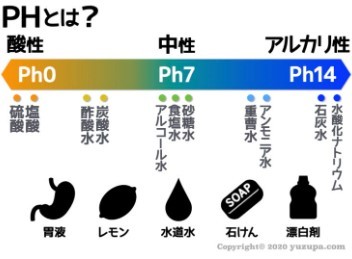
PHとは?
What is PH?
とは is ised in combination with どういうことか

人を信じるとはどういうことか。
What does it mean to trust people?
A comment on a video on the beauties of Japanese landscapes containing とは in this case as an expression of astonishment, of surprise:

国内にこんな綺麗な景色があるとは思いませんでした。
I never thought there would be such beautiful scenery in Japan.
どういうことか to ask for clarification
This expression is used when we don't quite understand what our interlocutor is saying and ask for further information and explanation.
A Japanese definition of the form どういうことか: 物事の起こった原因が分からない際の表現
物事の起こった原因が分からない際の表現
Expression used when we don't know the cause of something that happened.
We don't know the causes and the reasons for the fact reported and ask the interlocutor for an explanation.
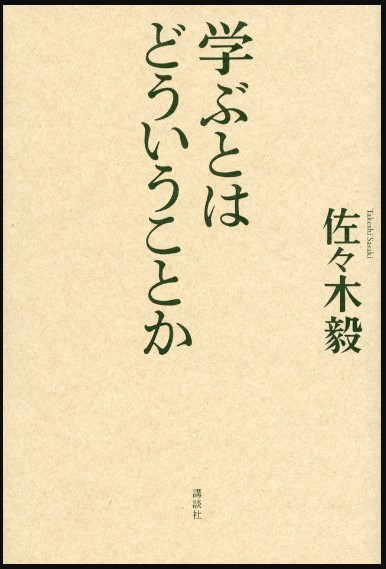
学ぶとはどういうことか。
What does it mean to learn?
どういうことか to express surprise
どういうことか is also used in situations where one expresses surprise at what is being said.
Astonishment and also dismay in the following dialogue:
A
彼女から突然もう会えないと言われて...
My girlfriend suddenly told me that we couldn't meet anymore...
B
もう会えないってどういうこと?
What do you mean you can't meet anymore!?
Other Japanese book titles:
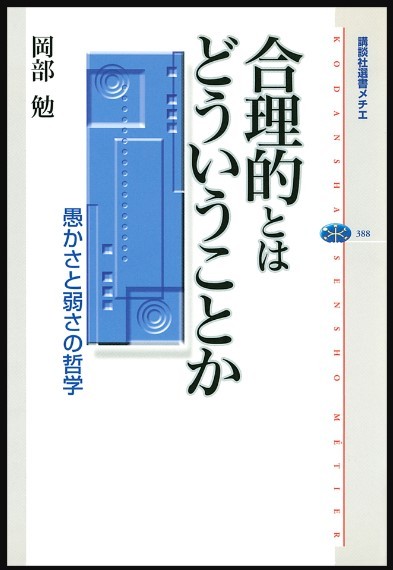
合理的とはどういうことか。
What does 'rational' mean?

人を助けるとはどういうことか?
What does it mean to help people?
Synonyms of どういうことか
Some commonly used synonymous forms of どういうことか are:
- どういう訳か
- どういう理由か
⇨ what's the reason?
The generic noun こと thing, matter is replaced by 訳 wake and 理由 riyū meaning reason, motive, cause
どういうことかと言うと: What I mean is
Let's complete the expression どういうことか with というと written with the Kanji と言うと or と言えば and literally the translation is: if I have to say what it is about ⇨ to put it simply, in other words, what I'm trying to say is どういうことかというと is used to explain and clarify a certain thing; we paraphrase an abstract thing with a practical thing, but it is often used to ask for an explanation or express something that is ambiguous and unclear.
これはどういうことかというと、いろんな解釈があります。
There are various interpretations as to what this means.
Some synonymous expressions of どういうこととかというと:
- 具体的には:
specifically,in detail - 例として:
for example,for instance - 卑近な例で言うと:
to put it in simple termsAnother synonym for どういうことかと言うと is つまり. Here is a dialogue taken from an interview with a 著名人celebrity.
インタビュアー
最近、ご自身のYouTubeチャンネルを開設されましたが、そのきっかけは何ですか?
You recently launched your own YouTube channel, what inspired you to do so?
著名人
どういうことかというと、やはり若い世代ともっとコミュニケーションを取りたいという思いがあったからです。私は、YouTubeを通して、自分の考えや経験を若い世代に伝えたいと思っています。
Well, I guess it's because I wanted to connect more with the younger generation. I want to use YouTube to share my thoughts and experiences with them.
Literally: If I have to explain why I launched my YouTube channel... In the sentence from the interview, the use of どういうことかというと was that of explaining and clarifying, whereas in the next one we see the sense of ambiguity and not clarity:
新しい法律、どういうことかというと、政府の思惑が見えにくい。
The new law makes it difficult to see what the government's intentions are.
Examples of どういうことか
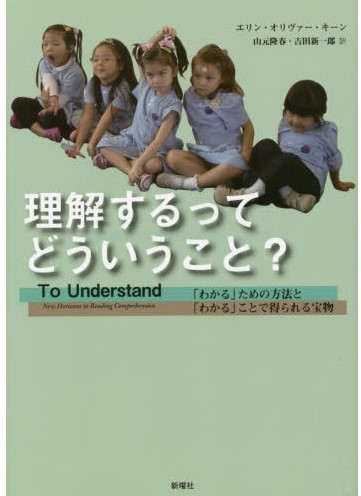
「理解する」ってどういうこと?
What do you mean by 'understand'?
って as we have seen substitutes とは.

犬であるとはどういうことか。
What is it like to be a dog?
From a Health and Wellness blog about 感染症診断: diagnosis of infectious diseases
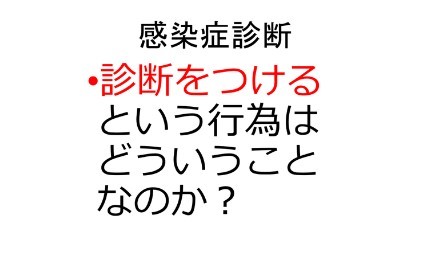
診断をつけるという行為はどういうことなのか。
What does it mean to make a diagnosis?
Similar grammar points in Japanese 📚
申し訳ございません
申し訳ございません (moshi wake gozaimasen) Meaning Japanese Grammar - I Apologize
わけがある
わけがある (wake ga aru) Meaning Japanese Grammar - There Is a Reason If
わけがない
わけがない (wake ga nai) Meaning Japanese Grammar - There Is No Reason That
わけではない
わけではない (wake dewa nai) Meaning Japanese Grammar - Does Not Mean That
わけだ
わけだ (wake da) Meaning Japanese Grammar - That's Why...
わけが分からない
わけが分からない (wake ga wakaranai) Meaning Japanese Grammar - Absurd

